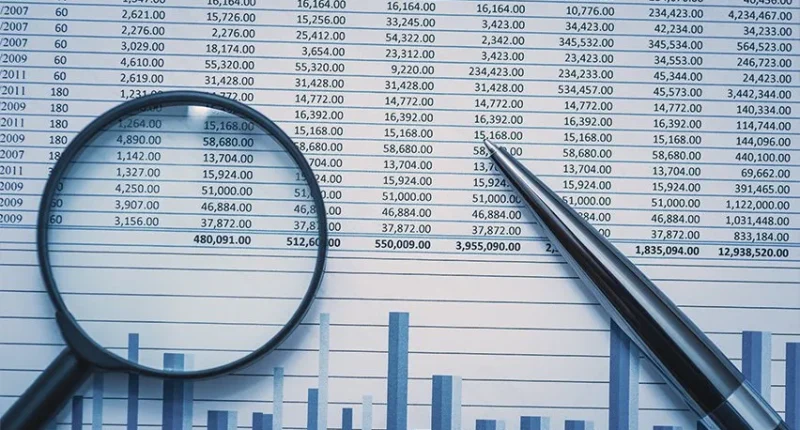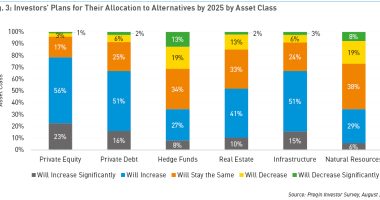The Hidden Superpower of Financial Investigation
Uncovering the Truth Behind the Numbers
Forensic accounting is more than just a tool for investigating financial crimes; it’s the most thorough form of due diligence and compliance. This powerful discipline combines accounting expertise with investigative skills to uncover financial deception and safeguard businesses. By performing detailed reviews of financial records and unpicking complex transactions, forensic accountants can identify fraudulent activities and provide crucial insights for investors, shareholders, and prosecutors alike.
The Evolution of Forensic Accounting in the Digital Age
Leveraging Technology for Enhanced Detection
In recent years, the role of forensic accounting has rapidly evolved to keep pace with new technologies and the increasing complexity of digital transactions. Data analytics and AI have become critical components of the investigation process, enabling forensic accountants to spot trends and red flags in large sets of financial data more efficiently. This technological advancement not only helps detect fraud earlier but also makes it easier to present clear and compelling evidence in legal cases.
The Forensic Accountant’s Arsenal: Tools and Techniques
Systematic Approach to Uncovering Financial Truths
Forensic accountants follow a thorough, systematic process in corporate fraud investigations. This typically begins with a preliminary assessment to understand the scope of suspected fraud, followed by detailed planning to develop hypotheses about how the fraud occurred and who might be involved. The process includes collecting and preserving relevant financial records, meticulous analysis of financial statements and other documents, and conducting interviews with key personnel.
Maximizing Investment Potential Through Forensic Due Diligence
Identifying Red Flags and Hidden Value
One of the hidden superpowers of forensic accounting lies in its ability to distinguish between profitable opportunities and potential money pits. Through rigorous investigation of financial records, business practices, and market conditions, forensic accountants can uncover red flags that may indicate a poor investment. Equally important is their ability to unearth hidden value within a potential investment, such as intangible assets like intellectual property and brand value, which often go unnoticed in traditional accounting analyses.
Preventing Corporate Fraud: The Proactive Approach
Strengthening Internal Controls and Governance
Forensic accountants play a crucial role in setting up effective corporate governance practices and can carry out due diligence to uncover weaknesses in internal controls. Their insights from investigations put them in a unique position to suggest changes that will strengthen internal processes and prevent future fraud. This proactive approach includes implementing new policies, providing employee training, and conducting regular audits and risk assessments to catch fraud early.
Real-World Impact: Case Studies in Forensic Accounting
Lessons Learned from Financial Investigations
Examining real-world examples highlights the critical role of forensic accounting in due diligence. In one case, a forensic investigation uncovered a complex fraud scheme involving related party transactions, fraudulent documents, and inflated inventory values. This discovery led to significant recoveries for stakeholders and exposed flaws in the audit process. Another case involving a food distributor revealed fraudulently overstated collateral on borrowing base certificates, ultimately leading to the company’s liquidation.
The Future of Forensic Accounting in Due Diligence
Adapting to Emerging Financial Landscapes
As financial landscapes continue to evolve, forensic accounting must adapt to new challenges. The adoption of blockchain technologies, for instance, can make it much harder to hide illegal activities like embezzlement and money laundering. Forensic accountants will need to stay ahead of these technological advancements to maintain their effectiveness in uncovering financial truths and protecting investors.
In conclusion, forensic accounting stands as a secret weapon in the due diligence arsenal, offering unparalleled insights into financial realities. For savvy investors and businesses alike, leveraging this powerful tool can mean the difference between a sound investment and a costly mistake. As financial complexities grow, the role of forensic accounting in due diligence will only become more critical, cementing its place as an indispensable component of smart financial decision-making.









